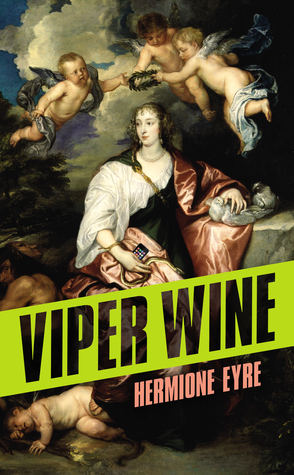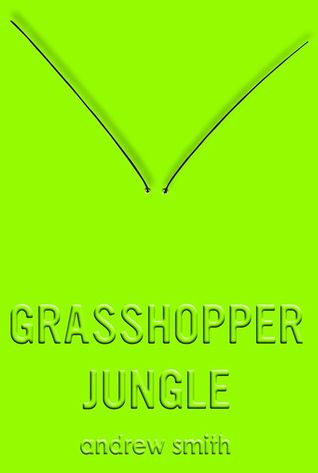We read 198 books for The Kitschies in 2014 – lots of data on the breakdown here – and I’ve got a LOT of thoughts, and at least some appeals to publishers.
Doing this is a labour of love: Yes, you get free books, and free books are always good, but it will stress your love and abilities as a reader, adjust your faith in humanity, and reward you with hidden gems and big, great art. There are times when you’ll despair at the mountain of books – and, when you’ve given up a weekend power-read through a dozen books which all turn out to be not for you, not for the award, poorly written, poorly edited, you’ll droop your head in shame and think “They’re right, all the naysayers saying that everything is getting worse.
Then you’ll pick up a book and it’s like slipping into a natural hot spring on a much-deserved holiday after a crazy set of months at work.
I found as well that, despite me having more books than I can possibly use, that I still want them all. That frisson of excitement when you go into a bookstore? Still there.
Still, there are some things I’d beg of publishers.
Publishers – send in your books early
We opened in June, and we had maybe a dozen books in in the first few heady months, keeping well on top of the lists; it wasn’t until around October that they started piling in and we starting experiencing the Fear of Words on the Page. I know you’re busy, but you spend 6-18 months working on a book, helping it through agents and writer’s fears – give it time to breathe. Send in a few packages of books across a few months. Give us lots of time to read and reflect on them.
Consider the award’s history before sending things in
198 books sounds like a lot – and it is. No one would mind, but actually many of the books just aren’t appropriate.
Progressive, intelligent, and entertaining is a broad brief, but it is a brief.
A shortlist is more of a reflection of a prize than an award win
Judging books is hard – we never pick the “best”, but something that’s emblematic of progressive, intelligent and entertaining. Which is lucky. The Guardian did a series of interviews with Booker prize juries, and it makes for enlightening reading. I think, if you want to understand a prize – not least The Kitschies – looking at the shortlist is a better indication, but it makes less interesting reading to say “we gave 5 books £200 each” than “THIS BOOK IS THE PROGRESSIVEST ENTERTENTACLIST AND INTELLIGENTER ONE OF THEM ALL and here’s £1,000 to prove it”.
No prize gets everything
We call books in (i.e. we email the publishers and beg them to send them in), but we don’t get everything. Some publishers don’t send them out. Sometimes a memo (we assume) gets lost inside a publisher, so they mean to but don’t. Some books we miss due to the onslaught of books breaking Posties’ backs starting in November. We might have missed your favourites. Don’t take it out on the judges.
It’s way, super fun
I’ve been personally honoured to read a shed-ton of books – many of which were really brilliant and couldn’t be on the shortlists due to size – and to work with the clever and intelligent Kim Curran, Frances Hardinge, Adam Roberts, and Cat Webb, who are all lovely, hard-working delightful people, who will drink wine from tupperware and bring Cthullhu cakes and cheese along. It’s a joy and a delight and something that you should really do if you ever get the chance.
<cross-posted from The Kitschies>


